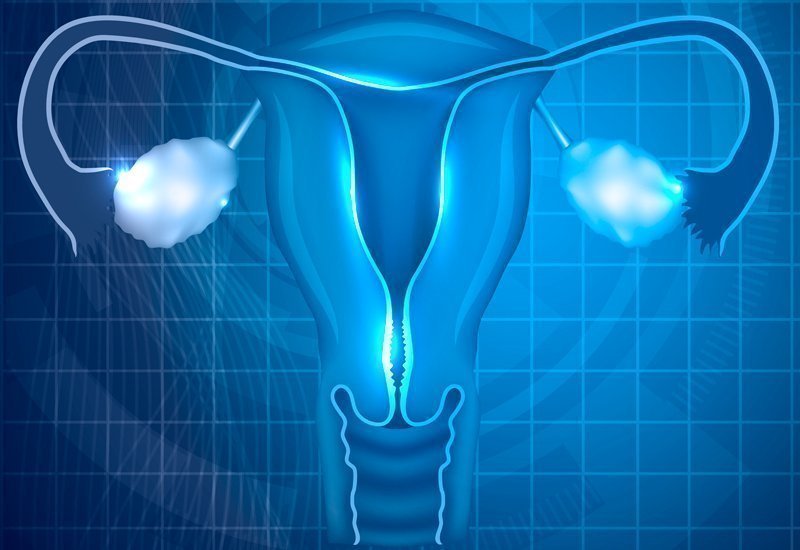Instituto Bernabeu analyses the impact of the vaginal microbiome on pregnancy rates in assisted reproduction treatment patients
11-12-2018

The research is part of an extensive project submitted to the 1st National Congress of the Spanish Infertility and Sterility Society
Researchers at Instituto Bernabeu have submitted research work to the 1st National Congress of the Spanish Infertility and Sterility Society (SEISEGO) within the framework of the Congress of the Spanish Society of Gynaecology and Obstetrics (SEGO). The research analyses the impact of the vaginal microbiome on pregnancy rates in assisted reproduction treatment (ART) patients. The research work was managed by Dr Andrea Bernabeu, Director of the Genetics and Reproduction Guidance Unit, and it is part of an extensive project.
The vaginal microbiome plays an important role in gynaecological and reproductive health and the dominant bacteria are the Lactobacillus genus bacteria. Existing research suggests that there is a link between the vaginal microbiome and fertility. The aim of the research work was to find out if there is also a link during assisted reproduction treatment between the vaginal microbiome on the day of transfer and achieving pregnancy.
The results of the analysis in the pilot study involving the participation of 30 patients suggest that the presence of Labtobacillus is key in achieving pregnancy. The presence of bacteria of the Gadnerella genus, meanwhile, would appear to have a negative impact on pregnancy.
The study involved taking vaginal samples from patients who underwent transfer of chromosomally normal cryopreserved embryos and analysing them. Samples were taken on the same day as transfer.
